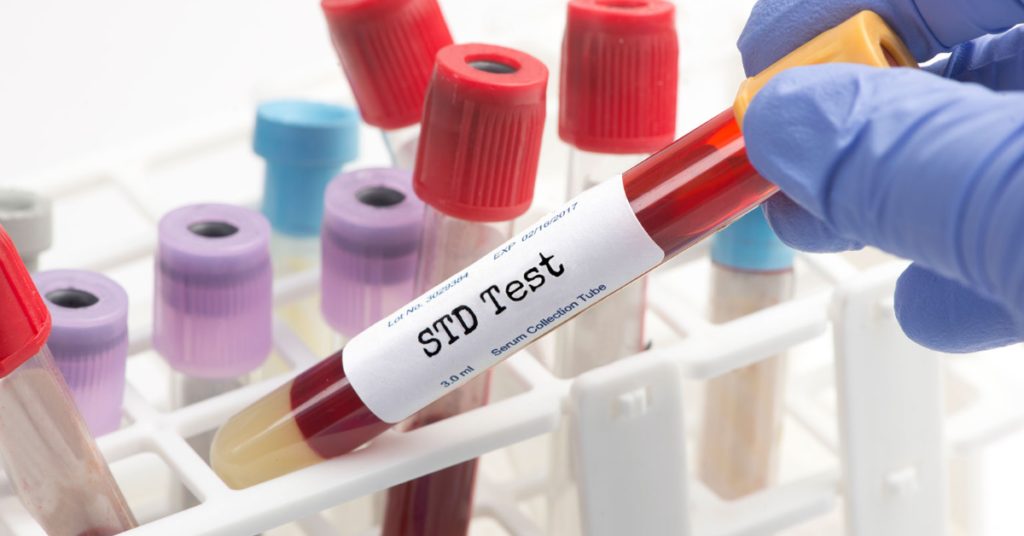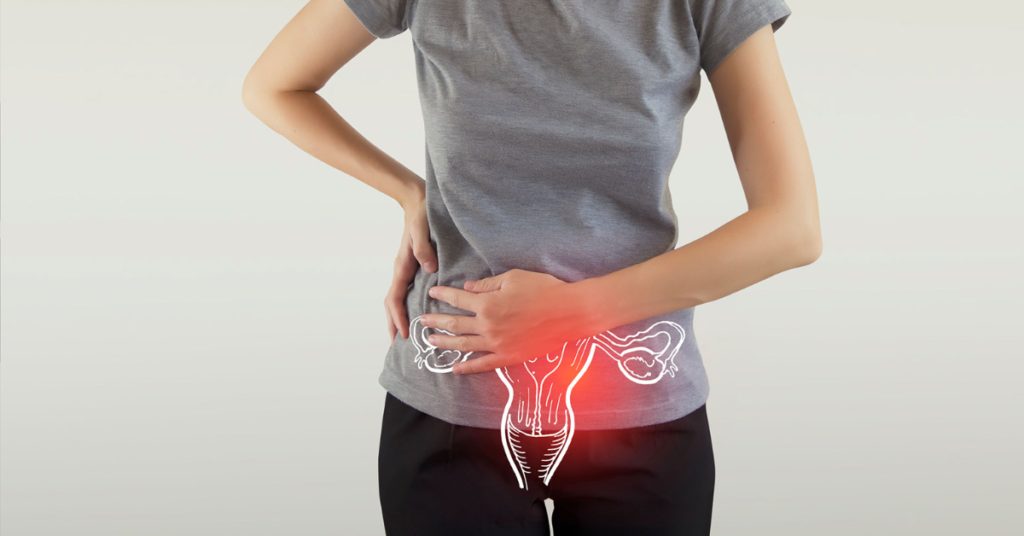If you’re sexually active, there are some precautions you should be aware of to decrease your risk of getting an STD or an STI. Sometimes STDs and STIs are silent, meaning you have no symptoms and have no idea you’re infected.
Sexually-transmitted diseases and illness are very common and costly to our nation’s health and economy, according to the U.S. Centers for Disease Control and Prevention (CDC). Approximately 20 percent of people in the U.S. have an STD or STI.
If you’re wondering what the difference is between the two, keep reading. In this article, you’ll learn about their similarities and differences.
What is an STD?
An STD is a sexually transmitted disease. Sometimes the term is used interchangeably with STI. No matter what you call it, both terms refer to diseases or infections you can contract during unprotected vaginal, anal, or oral sex.
Sometimes STDs have signs and symptoms, like burning or discharge. Other times, you may have no idea you’re infected and can pass the STD on to all your sexual partners. If you’re unsure whether you might have an STD, you can come by any of the Care Net Pregnancy Centers of Albuquerque’s convenient locations for free STD screening and testing.
What is an STI?
An STI is a sexually transmitted infection. You can get an STI in much the same way you get an STD: through unprotected sex. Sexually transmitted diseases and infections can damage your reproductive system and cause other long-term health consequences for both men and women.
If you’ve had unprotected sex – especially with multiple partners – it’s smart to get tested. It’s better to be safe than sorry if you have an STD or STI without any symptoms before more damage is done to your health.

How do you know if you have an STD or STI?
If you’ve had unprotected sex at any time, you’re at risk for an STD or STI. Any unprotected sexual contact – vaginal, anal, oral – puts you at serious risk. Not all people who get a sexually transmitted disease or illness know they have one. That’s why using protection every time you have sex is important for protecting your health.
Sexually transmitted diseases are caused by bacteria, viruses, or parasites. They move from one person to the next through blood, semen, and other bodily fluids. You won’t always know you or your partner have an STD or STI since they don’t always produce symptoms.
STD and STI symptoms
Symptoms of sexually transmitted diseases and illnesses can vary. Sometimes people confused the signs of an STD or STI with something else and can ignore it. Other times, there may be no symptoms present at all. Chlamydia is one of the STDs that rarely gives warning signs to the infected person. Human Papilloma Virus (HPV) is another STD that can act silent in your body. Most women find out they have it during their annual exams when a pap smear is taken for analysis.
If you do experience symptoms of an STD or STI, they might include:
- Abnormal vaginal discharge, bleeding, rash, or odor.
- Discharge from the penis.
- Fever.
- Lower abdominal pain.
- Pain during sex.
- Sores or bumps on or in the genital, oral, or rectal regions.
Most common types of STDs/STIs
There are many types of sexually transmitted diseases and illnesses. Some of the most common for both men and women include HPV (Human Papilloma Virus), chlamydia, gonorrhea, and herpes. HPV is one of the most dangerous, because it can cause oral and reproductive system cancers.
Since you won’t always have symptoms, testing is important. Care Net Pregnancy Centers of Albuquerque can give you peace of mind with a free screening and a free test for two of the more common STIs, chlamydia and gonorrhea. If you test positive, we can provide a prescription or refer you to a physician or clinic that can provide treatment.

How do you get an STD or STI?
Sexually transmitted diseases and illnesses are mostly transmitted person-to-person through sexual activity. Although not very common, they also can be transmitted through other types of intimate contact. For some STDs, like trichomoniasis, you can contract it through contact with damp or moist towels, wet clothing, and even toilet seats. Having multiple sexual partners also increases your risk.
Pregnant women can pass STDs and STIs to their babies through the womb or during birth when the babies enter the birth canal. If you are pregnant or are thinking of becoming pregnant, it’s important to get tested for sexually transmitted diseases and illnesses for this reason.
Where can you get free STD/STI testing?
Sexually transmitted diseases and illnesses, if left untreated, can have long-lasting health consequences. Although women are more likely than men to suffer from ongoing issues, both men and women should be tested if they are sexually active.
Testing should especially be considered if you’ve had unprotected sex or have multiple sex partners. Most STDs and STIs are treatable and early detection are the best way to ensure a healthy outcome.
Contact Care Net today for safe and non-judgmental free STD testing for your best health.
